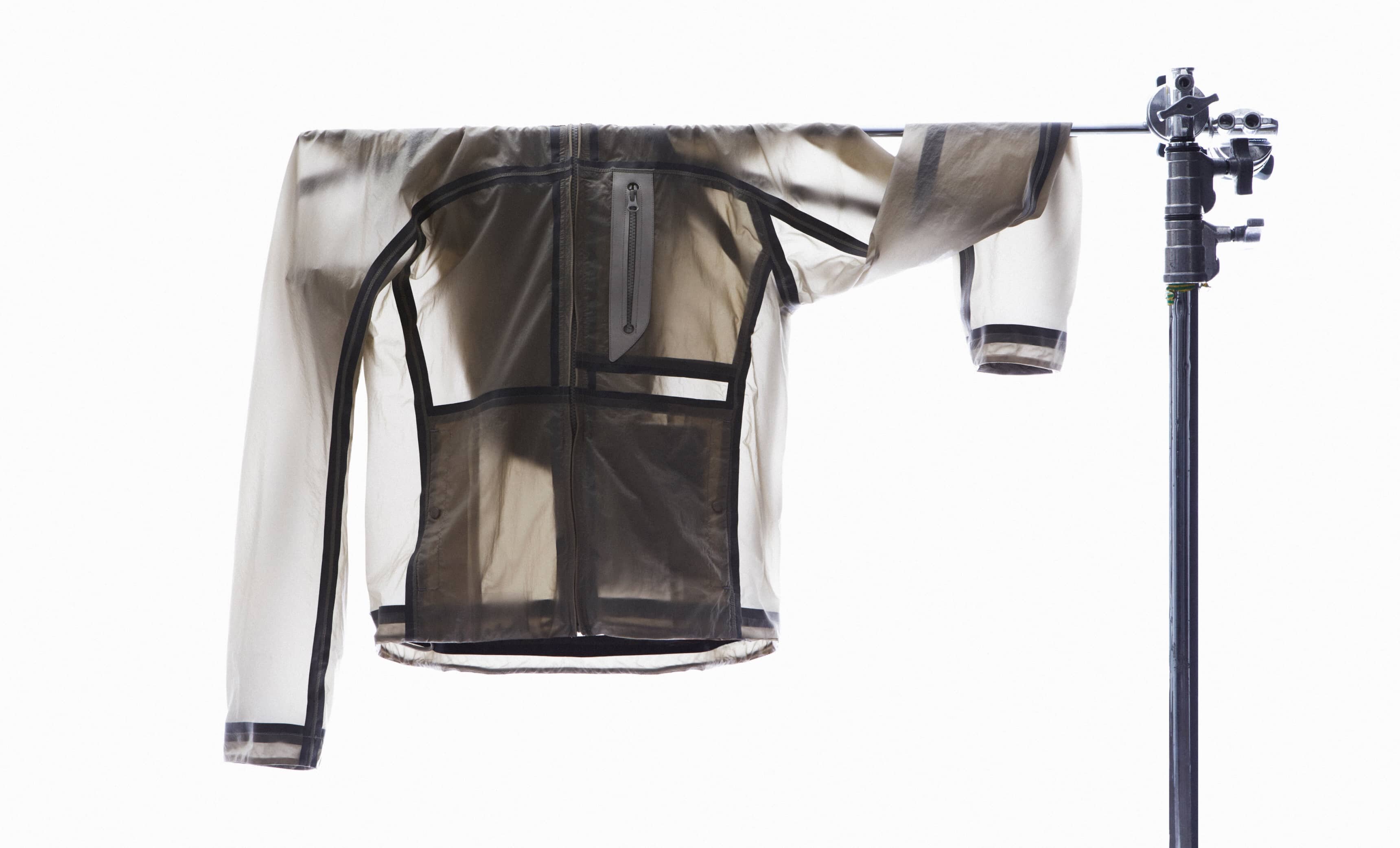The Emperor’s New Clothes
Ten c – an acronym for The Emperor’s New Clothes a Danish folktale that relates an ethical lesson about vanity. Within it, the Emperor commissions a set of swindlers – unbeknownst to him – to make him an outfit.
The swindlers convince the Emperor that they are expert weavers, but, importantly, weavers of a specific style of clothing: outfits that are invisible to anyone who is incompetent. Say, by unfortunate circumstances, that you’re a bit thick, or a numpty, then you’d be unable to see the magnificent clothing that the weavers weaved. The Emperor was excited. He – of all people – could not possibly be a dimwit, so he was safe. Thinking this was a good way of telling wise men from fools, and sussing out who was fit for their job and who wasn’t, he commissions an entire ensemble. The emperor, wishing to see how his robes are coming along but fearing that he won’t be able to see them (and thus reveal his own unfitness for the job of emperor), sends his cleverest and trustiest minister, who can’t see the robes but keeps quiet about it. He returns to the emperor and tells him the robes are beautiful. The swindlers demand more gold and silk, but continue to weave on an empty loom.
The emperor sends another of his advisers check the weaver’s progress; He peer over the loom and inspect the stitching.
The emperor sends another of his advisers check the weaver’s progress; He peer over the loom and inspect the stitching. He watch the threads pass through fabric…. but like the first one, he can’t see the cloth, but pretends he can. The outfit is invisible and the advisor begin to panic. He is the Emperor’s advisor. He can’t admit incompetence or he’ll be fired. So he nod affirmatively and say “good job, old sport”, and pat the weavers on the back. The Emperor receives his outfit and hides his shame.
He can’t see the outfit, either. Fearing he is either a fool or unfit to be emperor, he lies about it and declares them to be beautiful. His advisors dress him with confidence and comment on how good he looks. “It’s marvellous!” they shout. “Simply marvellous!” The Emperor believes in the power of the weavers. Okay, he reasons, I’m a dimwit, but I can’t let anyone know about it. He organises a procession and begins to tour the Kingdom. He struts through parades proudly wearing his new clothes (but in reality completely naked); he’s carried on jewelled beds; he’s fed grapes, poured beer and wine and given delicacies.
The people are uneasy. We must be dimwits, they reason, none of the townspeople admit that they cannot see the clothes, for fear of being accused of being stupid or not fit for the job they do. A small child is shuffling through the crowds, full of gusto and the innocent lust for life that makes it seem like every event is the first and every moment the last. He sees the Emperor, and with thoughtless immediacy blurts out: “The Emperor is naked!”. The crowds sigh in unison. They realise that they aren’t mad at all – the Emperor really is getting about completely naked. It’s always better to speak your own convictions and not to let the crowd, or the opinions of others, sway your thought. It’s better, Ten c – an acronym for The Emperor’s New Clothes – argues, to boycott trends in favour of long-lasting garments.
That’s the philosophy of Ten c: longevity, timelessness, the sort of clothes that fill you with trend-transcending self-confidence. Ten c’s clothes speak for themselves, and unlike the Emperor’s, they don’t depend on the validation of others.













